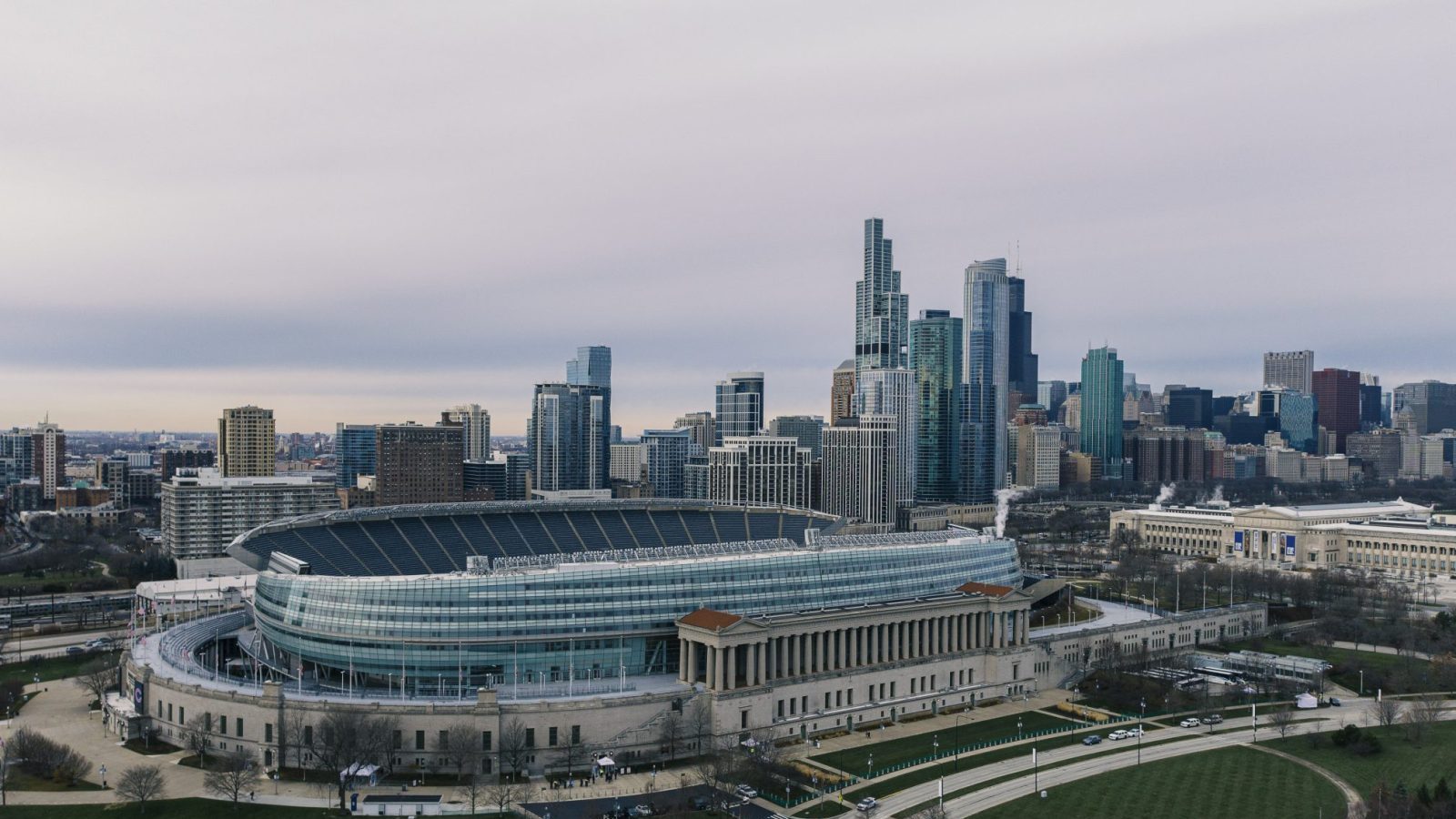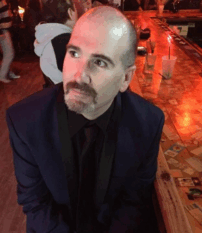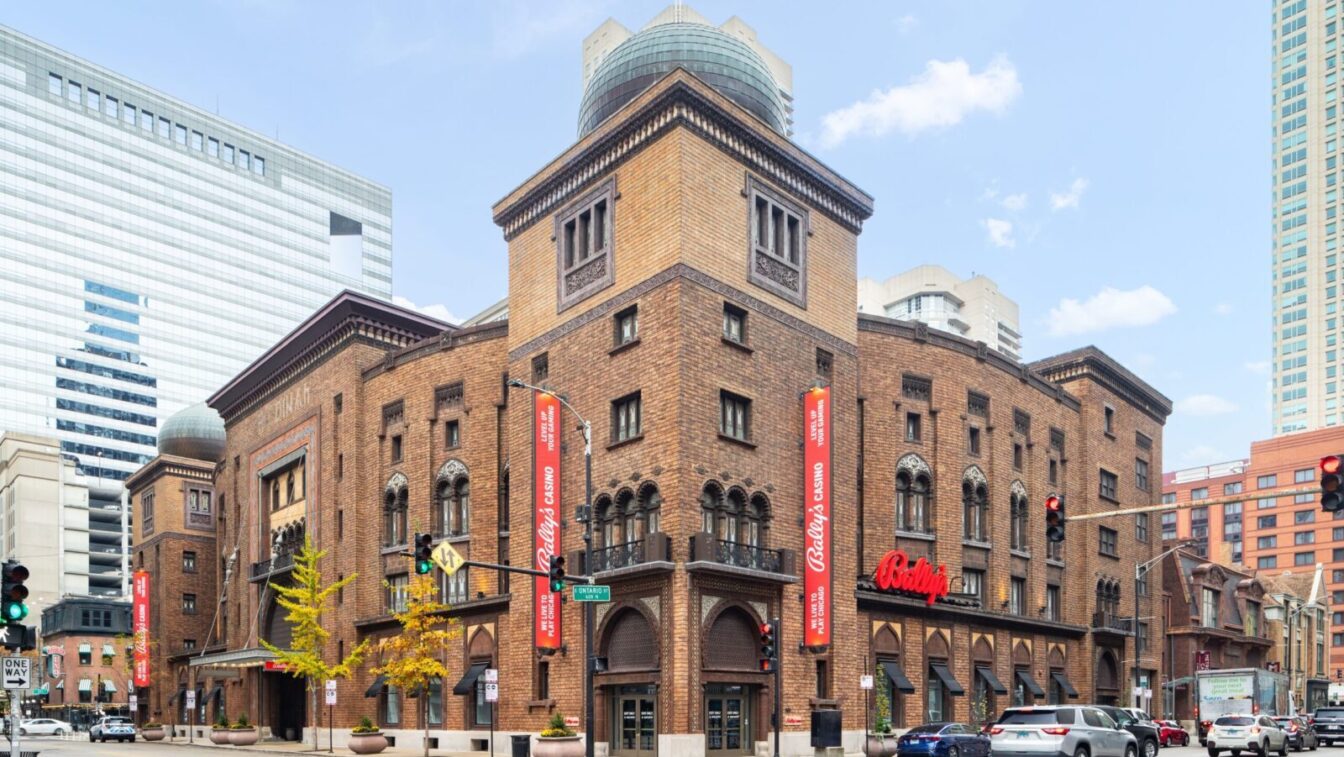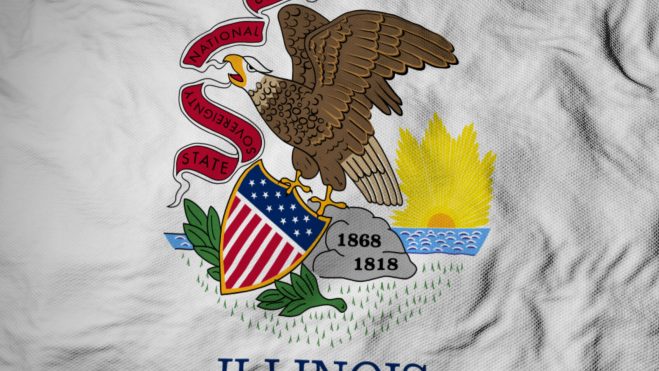Chicago Alderpersons Introduce Ordinances To License VGTs
City looking to find ways to fill budget shortfall while Bally’s continues to construct casino
3 min

Two Chicago City Council alderpersons submitted ordinances last week that would legalize video gaming terminals (VGTs) in the city, throwing a new wrinkle into Illinois’ gaming dynamics.
The city of Chicago does not have video gaming terminals as they are banned by city ordinance.
One proposed ordinance, submitted by Gilbert Villegas of the 36th Ward, is smaller in scope and offers to have VGTs only at O’Hare and Midway airports.
A second, submitted by Anthony Beale of the 9th Ward, proposes having VGTs made available at bars and taverns throughout the city in addition to the airports.
Wednesday marked the final Chicago City Council meeting before a month-long recess.
Illinois is home to the most extensive network of VGTs in the United States, with more than 49,200 terminals spanning in excess of 8,700 locations statewide. The $3.09 billion in Net Terminal Income (NTI) for the recently completed Fiscal Year 2025 — taxed at 35% — represented a 5.2% increase from FY 2024 and resulted in $1.08 billion in total tax revenue.
The state’s share was $921.4 million in receipts, while local communities collected the remaining $158.8 million. Last year’s budget increased the state’s share of NTI by one percentage point to 35%, with the remaining 65% split equally between terminal operators and location licensees.
Looking at Villegas’ ordinance
The ordinance submitted by Villegas, which was referred to the Aviation and Finance committees, would charge O’Hare and Midway a $10,000 location license fee, plus a $500 fee per video gaming terminal. A terminal license would cost $1,000 plus a $500 fee per video gaming terminal.
It says VGTs can be placed in an “authorized location,” which is defined as “any establishment for which a current, valid ‘consumption on premises license’ has been issued for the retail sale of alcoholic liquor for consumption on the premises at a fixed place of business located at Chicago-O’Hare International Airport and Chicago-Midway International Airport.”
Villegas’ ordinance, which would take effect immediately upon passage and publication, does not provide a number for the amount of VGTs an establishment can have. Language in the ordinance that the “placement of video gaming terminals in licensed locations shall be subject to the rules promulgated by the Illinois Gaming Board, the Commissioner, and the Commissioner of Aviation” implies a maximum of six similar to bars and taverns.
Looking at Beale’s ordinance
Beale’s ordinance would have lower location and terminal license fees given the widespread availability proposed, but it also carries a higher per VGT license fee. Location and terminal license fees are $500 each, but each VGT licensee fee would cost $1,000.
Much of the language in Beale’s ordinance is similar to Villegas, but Beale’s ordinance does specify that “any elected public official of local government, or any nonelected law enforcement official or employee of the City” is ineligible to obtain a license.
“It’s amazing how they want you to come up with revenue ideas and then they want to shoot down low-hanging fruit,” Beale told the Sun-Times, referring to Mayor Brandon Johnson’s office as being against the idea despite the city facing a $1.2 billion shortfall. “This is something that is quick, easy. It’s something people choose to do. It’s not like this administration putting speed cameras on steroids across the entire city.”
The elephant in the city
The prospect of bringing VGTs into Chicago comes at a time when Bally’s is feverishly constructing its casino to be open in the River West neighborhood of the city by September 2026. Bally’s has generated $6.8 million in tax revenue for the city through the first six months of the year at its temporary casino, and the $16.1 million in receipts for 2024 was less than half the $35 million Johnson projected for his budget.
But bringing VGTs into Chicago would also likely invite the possibility Bally’s would re-open the Host Community Agreement (HCA) it signed with the city when it was named the preferred operator and eventually obtained a casino license from the Illinois Gaming Board.
Per the terms of the HCA, the presence of VGTs appears to activate a clause that Bally’s payment of a Direct Impact Fee and an Indirect Impact Fee can be reopened as “subject to a good-faith renegotiation.”
Specifically, VGTs look to satisfy a clause of the Project Incentives as gaming that is “authorized by the State or the City a mode of lawful gaming to occur in the City other than Gambling Games under the Act, Sports Wagering under the Sports Wagering Act and pari-mutuel wagering under the Illinois Horse Racing Act of 1975.”
The state’s tax revenue via VGTs easily outpaced the $383.7 million receipts generated by sports wagering with one month left in the fiscal year and $367 million in FY 2025 tax revenue generated by the state’s 17 casinos.



